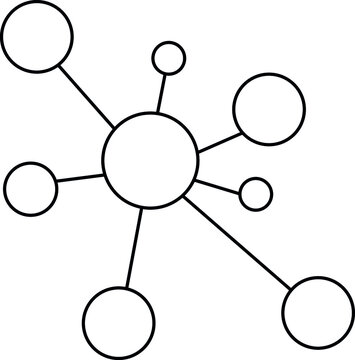#
68#
The concept of embracing within-nation variance and aiming for between-nation correlation in the context of geopolitics adds a layer of complexity and urgency. Given the rise of BRIC nations (Brazil, Russia, India, China) and the challenges to the existing Anglo-Saxon world order, this idea takes on new dimensions:
Within-Nation Variance
Complex Identities: Countries are not monolithic; they have multiple ethnicities, languages, and cultures, as well as varying political views. Acknowledging this can lead to more effective international relations strategies.
Internal Governance: Recognizing within-nation variance is crucial for domestic policy, including minority rights, and also for understanding how internal issues might impact foreign policy.
Between-Nation Correlation#
Shared Goals and Challenges: Whether it’s climate change, international security, or global health, acknowledging the shared goals can lead to better cooperation among nations.
Diplomatic Relations: Understanding the commonalities can build stronger diplomatic relations, especially in multilateral forums like the United Nations.
Anglo-Saxon World Order and the Rise of BRIC
Power Dynamics: The Anglo-Saxon world order has been rooted in colonial history and has shaped global systems, including finance, trade, and diplomacy. The rise of BRIC nations challenges this order by offering alternative models for development and governance.
Global Leadership: As these emerging economies gain more influence, they also claim a greater role in shaping international norms and institutions, challenging the existing order.
Policy Implications
Flexible Diplomacy: Policies should be adaptable and sensitive to both the within-nation variance and between-nation correlations. This requires deep cultural and political understanding.
Alliance Building: In the context of a shifting world order, alliance-building strategies will need to be reconsidered. Can alliances be built based on new sets of commonalities?
Ethical Considerations: Questions about the ethics of maintaining or transforming the existing world order also come into play, especially concerning fairness and representation.
Strategic Collaboration: Given your background in forging cross-departmental collaborations, similar strategies can be applied at the geopolitical level. Nations can collaborate in specific fields like science, technology, or education to foster better understanding and cooperation.
Overall, the geopolitical context provides fertile ground for applying the concept of within-group variance and between-group correlation. It requires a thoughtful approach that is sensitive to the evolving dynamics of global power and representation.
